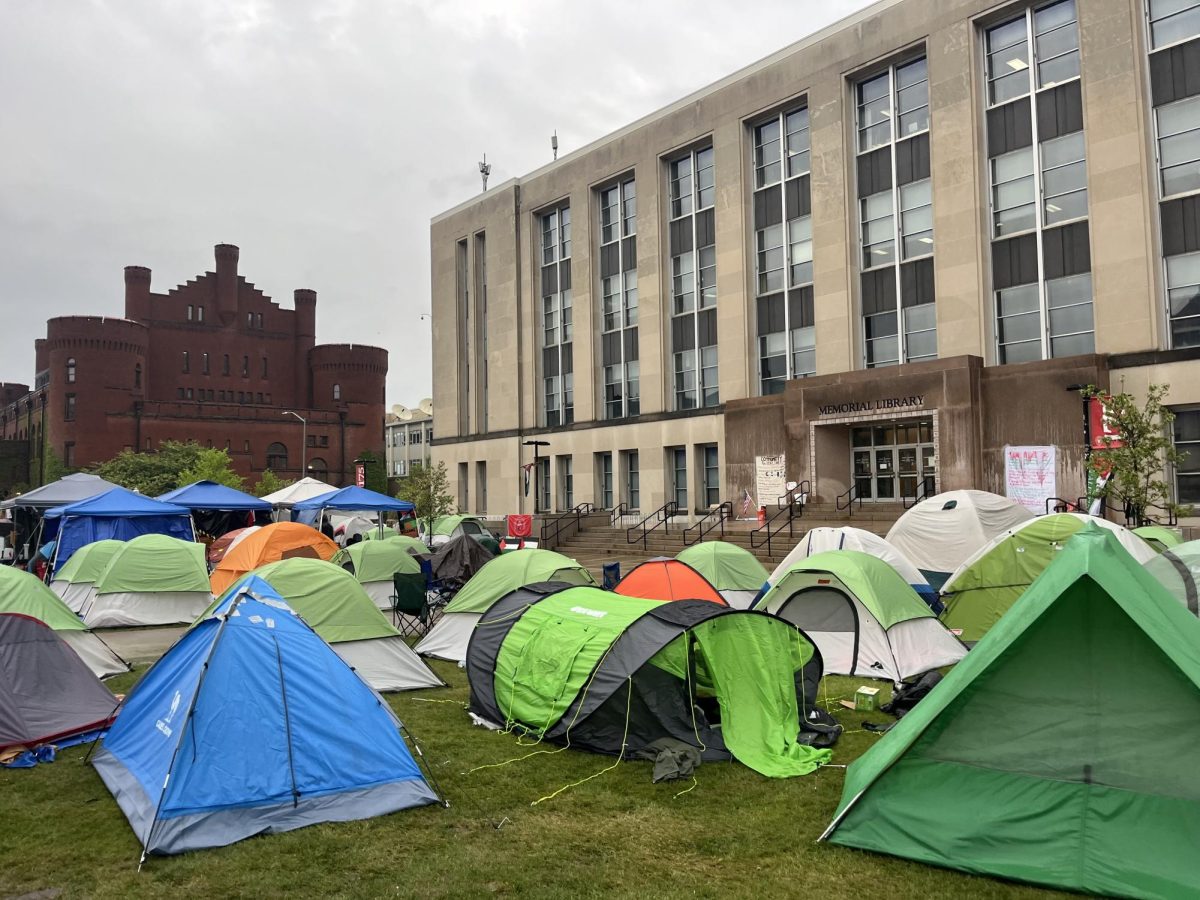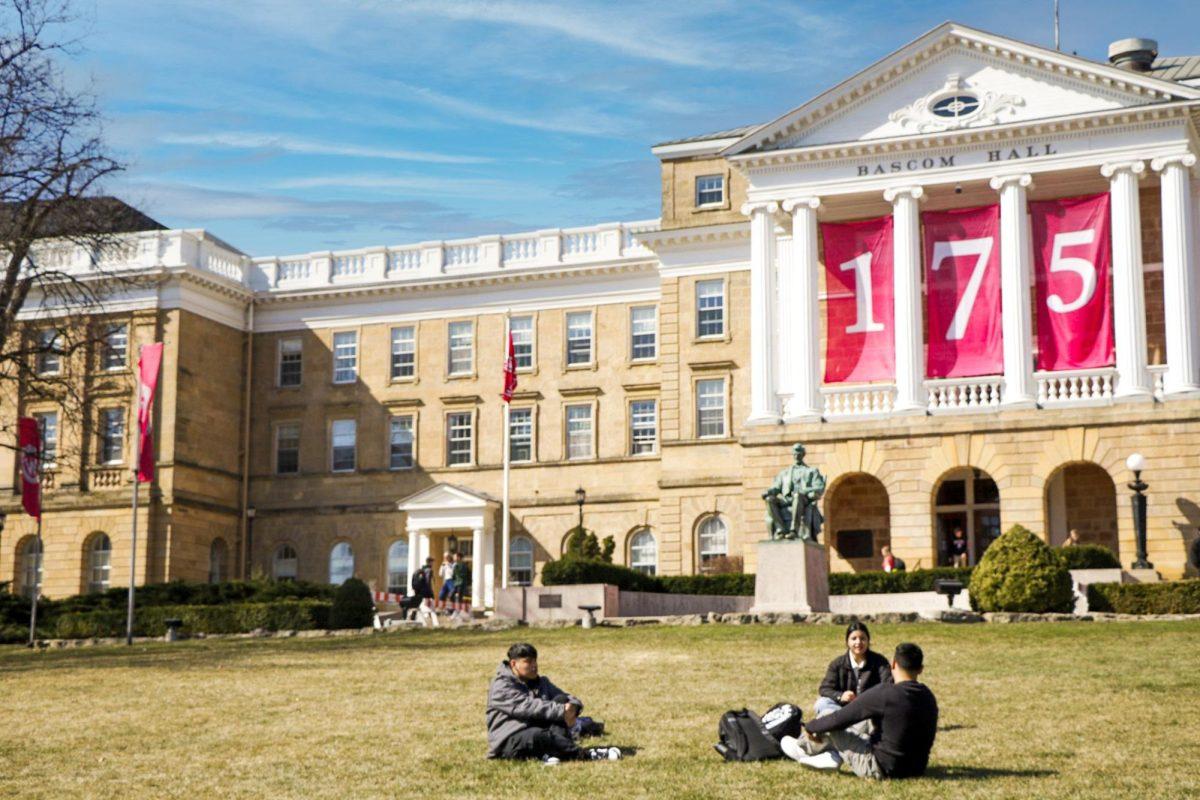After nearly a one-year hiatus, controversial research on the potentially deadly avian influenza virus will resume, according to plans unveiled by a group of world-renowned scientists, including a University of Wisconsin professor.
UW professor of virology Yoshihiro Kawaoka was one of 40 experts in the field to sign a letter published in the journal Nature and Science Wednesday, lifting the freeze on bird flu studies in place since Jan. 2012.
The research will not occur in the U.S., where the moratorium has not ended yet, but could continue in other countries that have allowed for such research.
According to Kawaoka’s letter, scientists who now have approval to conduct such research in their countries “have a public-health responsibility to resume this important work because the risk exists in nature that an H5N1 virus capable of transmission in mammals may emerge.”
The Centers for Disease Control and Prevention has reported more than 600 human bird flu virus cases from 15 countries since November 2003, and victims in about 60 percent of the cases have died.
After Kawaoka and Dutch virologist Ron Fouchier completed separate studies regarding spread of bird flu virus mutations in ferrets, the disagreement over publishing these findings spurred uproar from the public health community, UW research spokesperson Terry Devitt said.
“It should be noted, there were some significant differences between the work in Holland and the work conducted here,” Devitt said. “The work here was done using different techniques that made the research less worrisome.”
Federal government officials still worry an outbreak of the mutated virus could occur and infect lab workers and the public, Devitt confirmed. He also did not rule out the possibility that information about the potentially deadly bird flu could fall into the wrong hands.
Following that debacle, leading bird flu scientists voluntarily agreed to halt their research in the field in January 2012. Both the studies of Kawaoka and Fouchier were eventually published in May despite the opposition.
Devitt said the primary concerns restricting the U.S. from continuing bird flu research are the types of laboratories where that work is done. He said the research must conform to strict safety and security guidelines of the federal government, and the National Institute of Health has yet to make an assessment of these conditions.
The sequence of bio-safety levels for laboratories ascends on a scale of danger from one through four, and the work done at UW is BSL-3-Agriculture plus. However, Devitt noted the research at the Institute for Influenza Virus Research at UW’s University Research Park has met all previous guidelines and restrictions.
“The previous work here was conducted at a facility in our research park and has been conducted there safely and securely for years,” he said.
Devitt said the need for continued research on the bird flu is critical because flu viruses are constantly evolving, mutating and adapting to new hosts.
He added these studies will help scientists understand which mutations will assist their ability to conduct surveillance of flu and devise counter measures.
“The consensus in the community of biologists and of flu workers is that eventually the circulating H5N1 viruses are going to evolve to become threats to human health,” Devitt said.
















